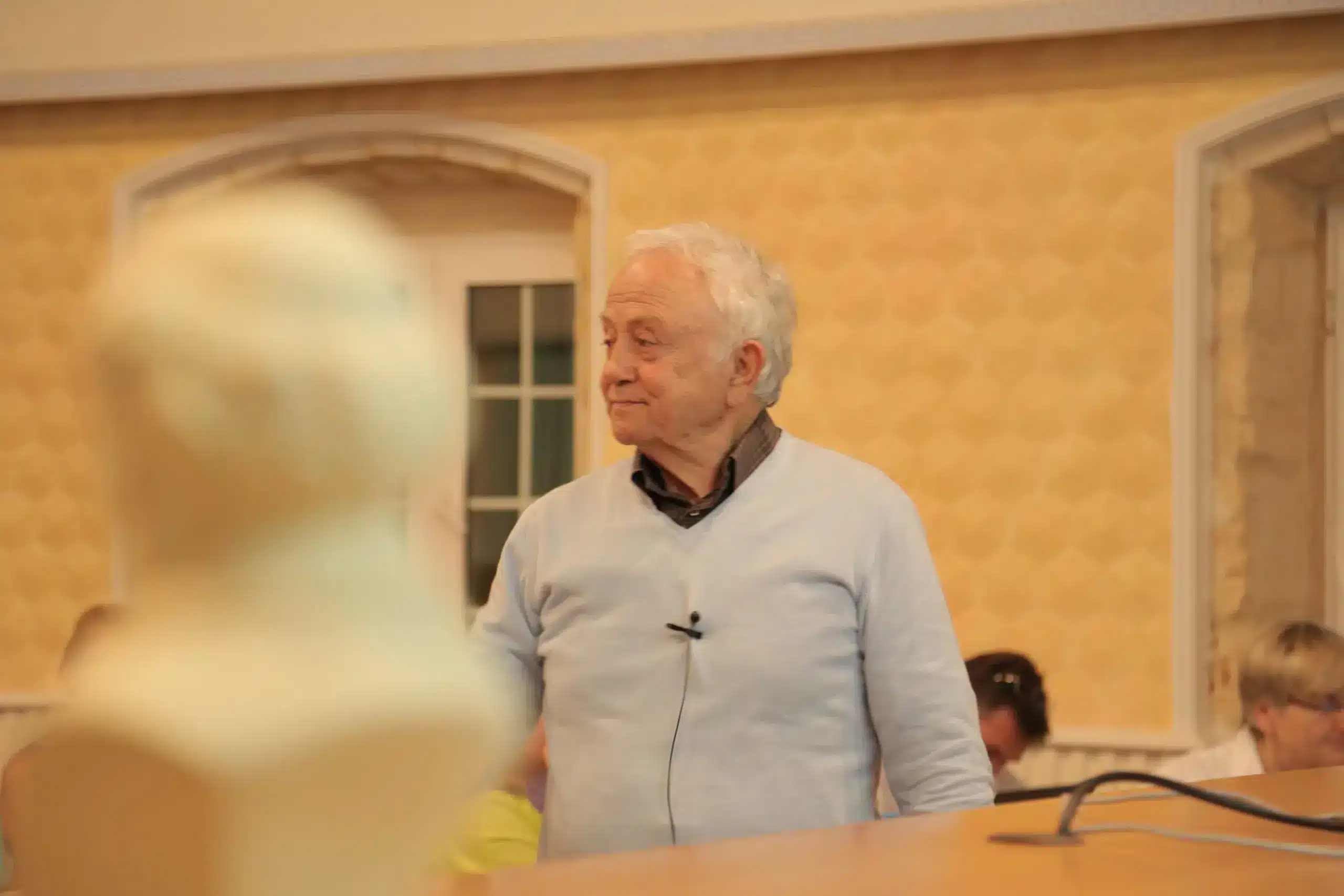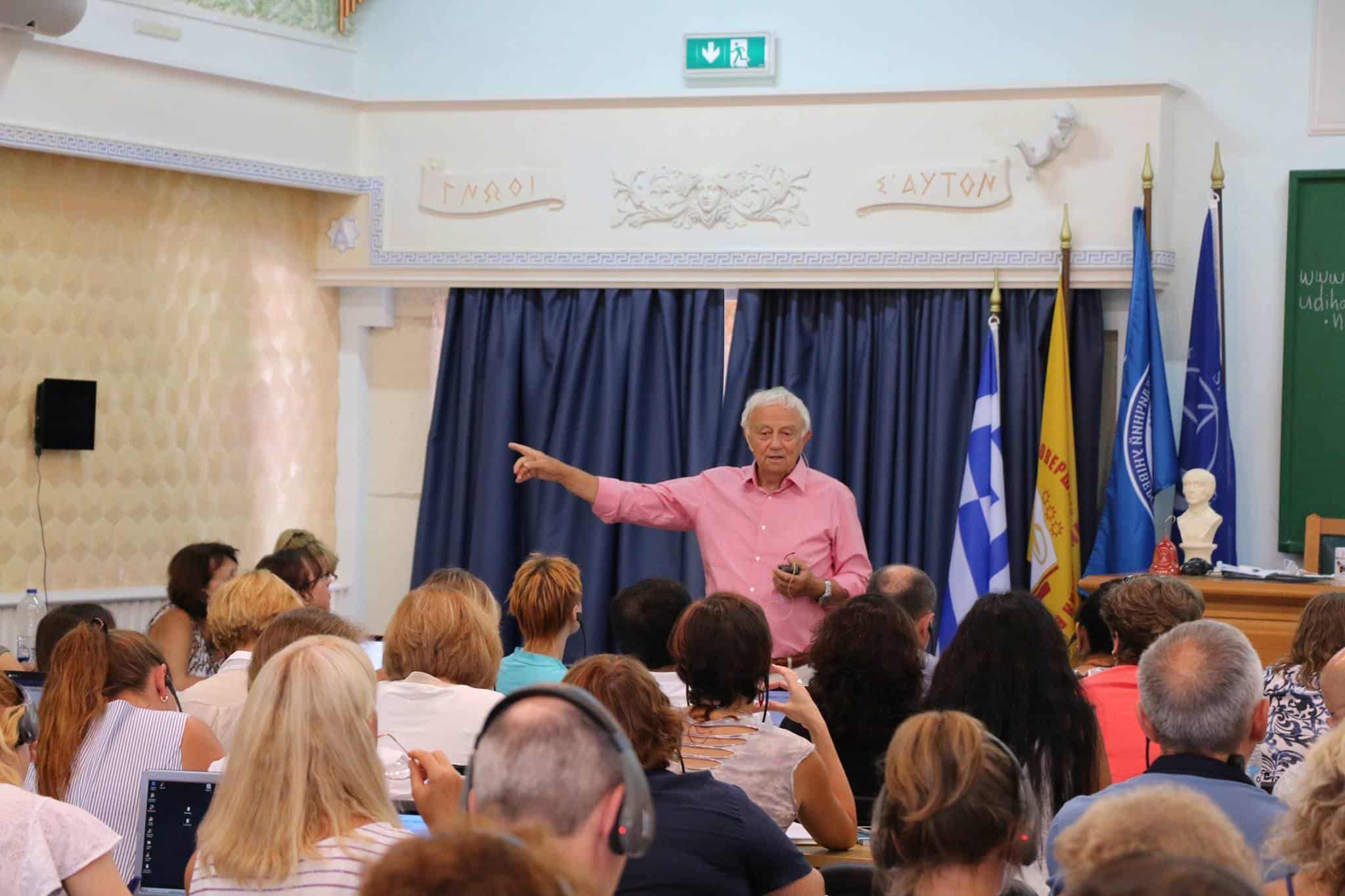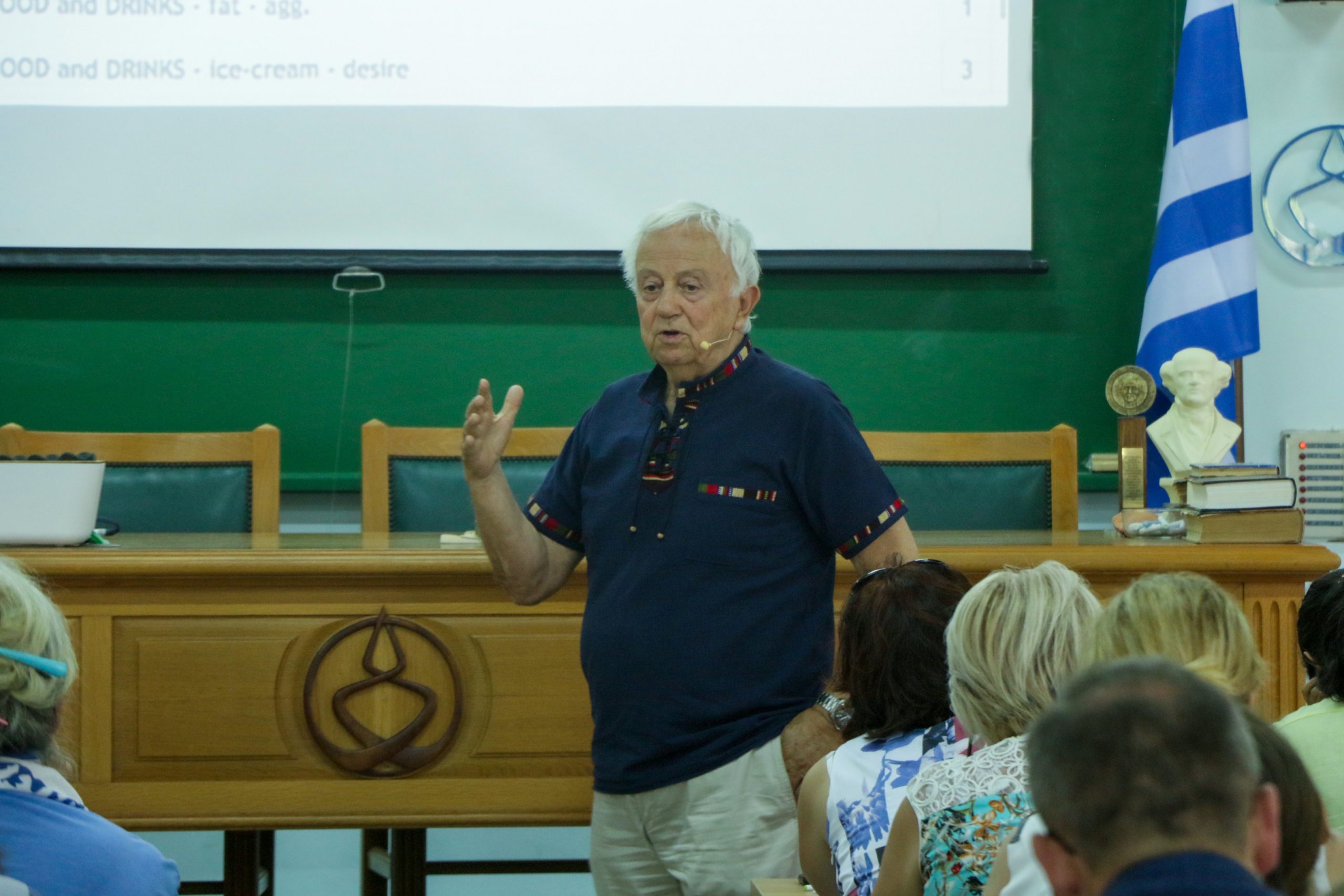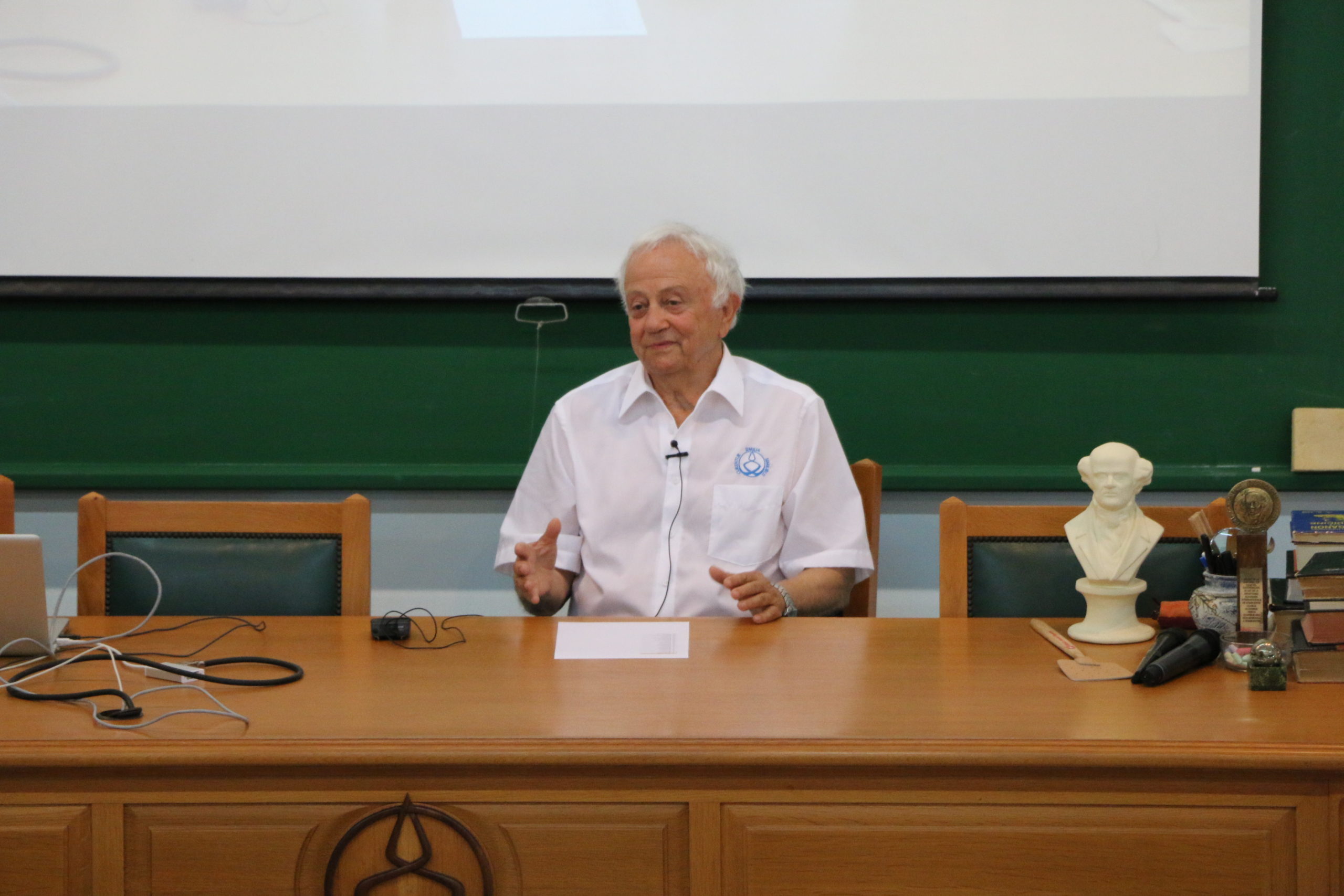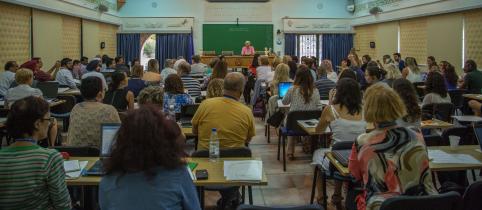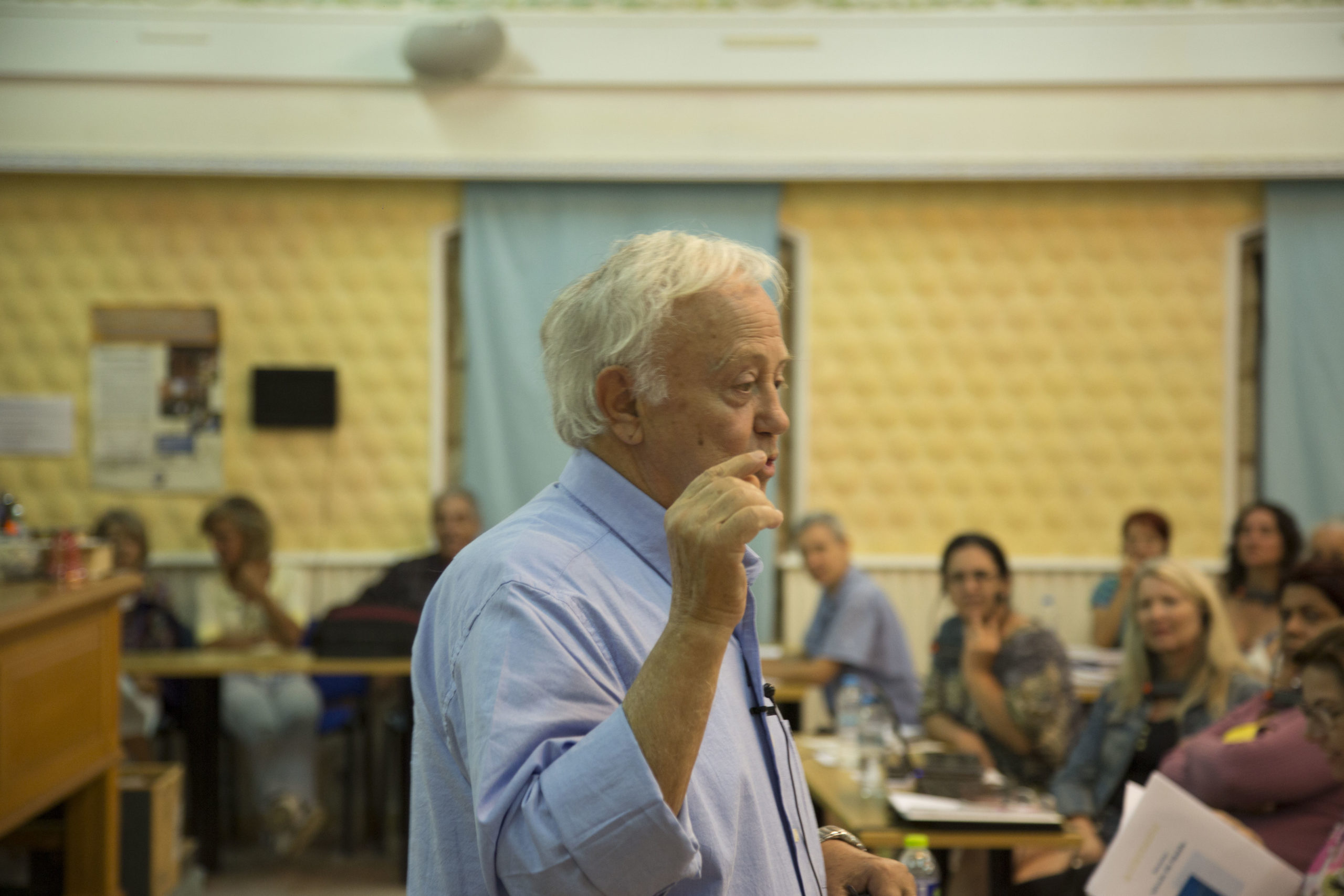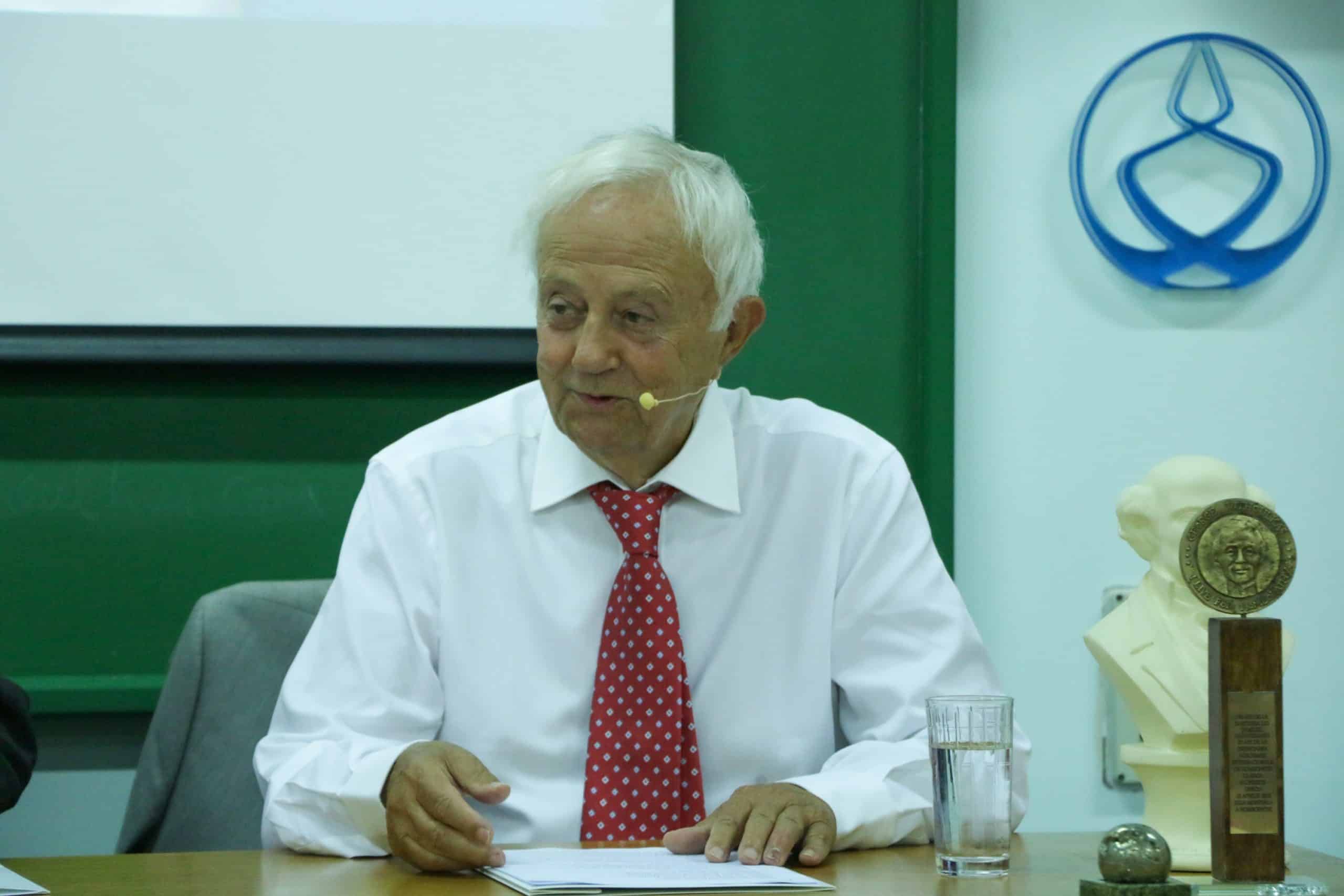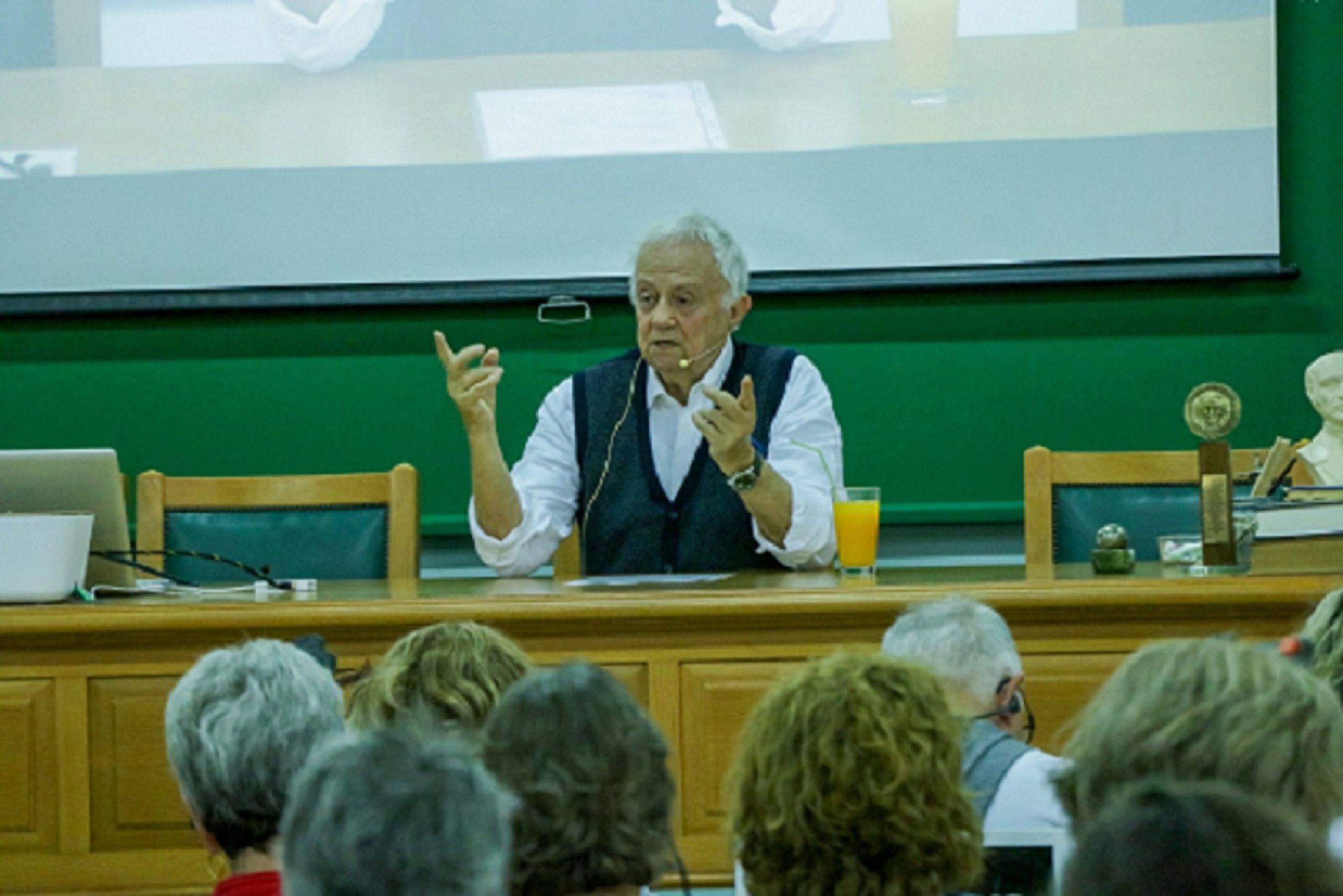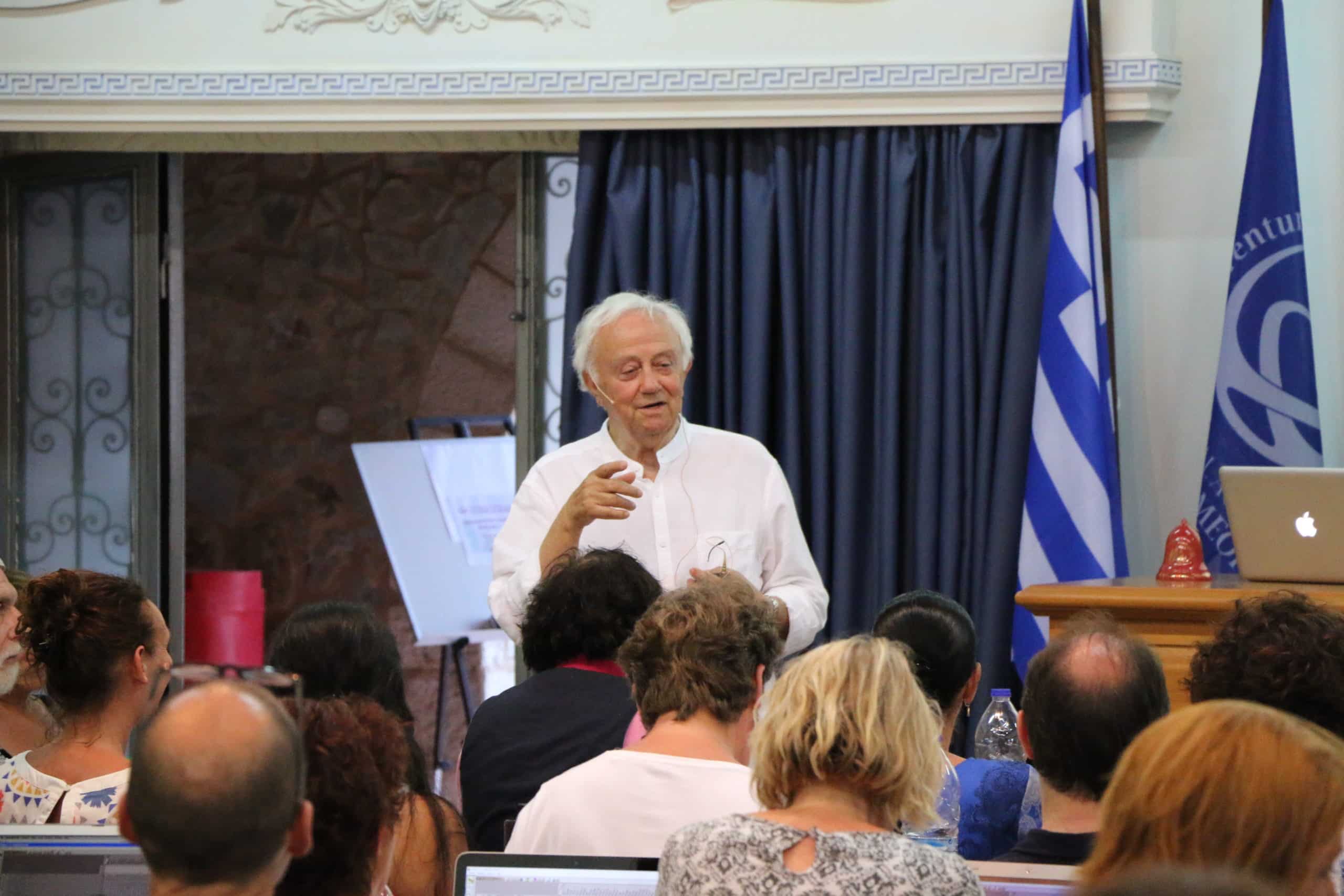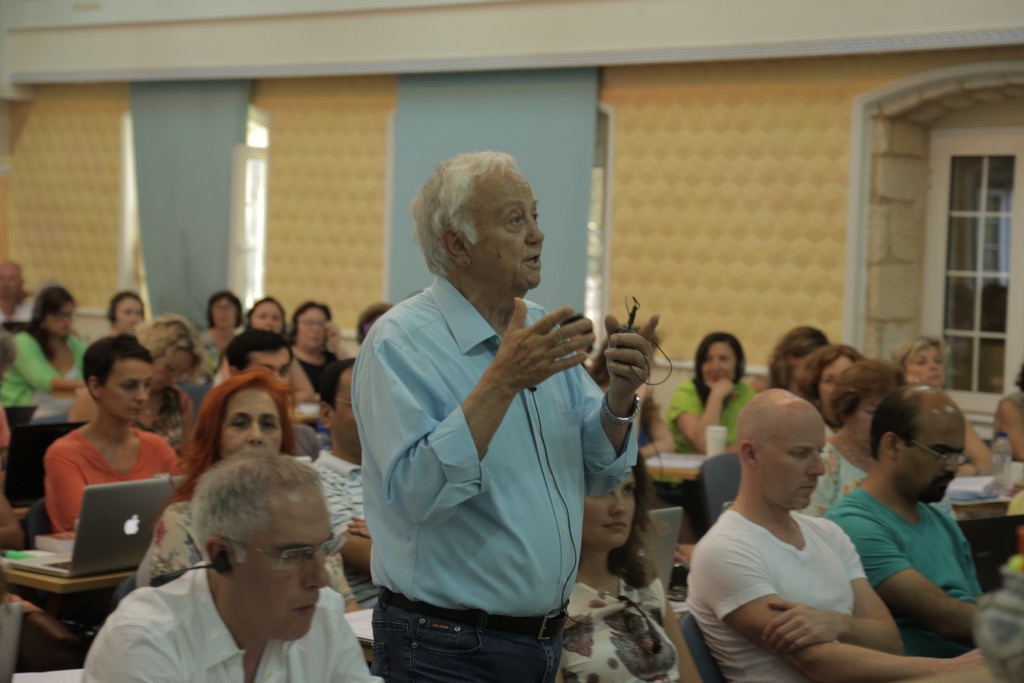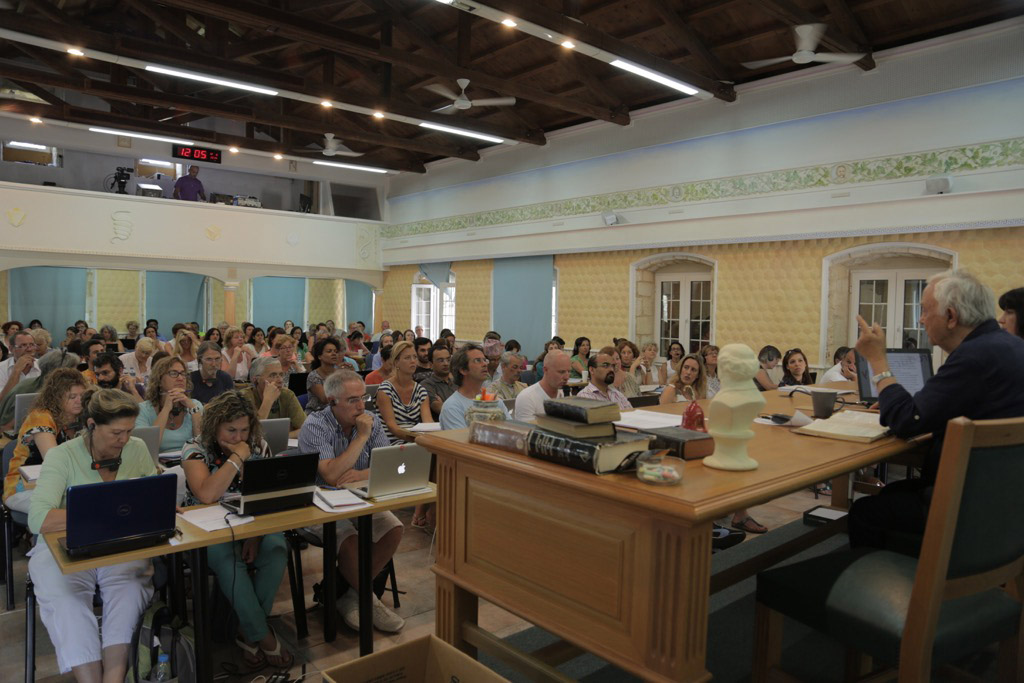Humphrey’s book Soul-Searching (Leaps of Faith in the United States)’, suggests that we can save ourselves the trouble of look- ing at claims of the paranonnal by invoking Hume’s argument that it is more reason- able to believe that human error lies behind such claims than it is to “believe that some fundamental law of nature has been dis- rupted”.
Humphrey’s book Soul-Searching (Leaps of Faith in the United States)’, suggests that we can save ourselves the trouble of look- ing at claims of the paranonnal by invoking Hume’s argument that it is more reason- able to believe that human error lies behind such claims than it is to “believe that some fundamental law of nature has been dis- rupted”.
(2) Hyman, for the purposes of dismiss- ing apparently strong evidence for a ‘remote viewing’ capability”, asserts some- what similarly that no matter how many investigations of the paranormal, carried out by whatever means, yield positive results, there will still be no proof that the alleged phenomena occur.
In response to enquiries as to why the usual mechanisms of science should be abandoned in this special context, our observer would be directed to study Soul- Searching in order to understand why claims of the paranormal are not taken seriously by scientists. But a subversive parapsychologist would suggest looking also at my review4, whereupon our friend would realize that Humphrey’s arguments are flawed and hence of no value. He would study also some of the original research”, and wonder whether the scien- tists might not be making a monumental error in condemning it so vehemently.
The fact that scientists at large do not come to the same conclusions as our mythi- cal observer stems, I believe, from two main factors, whose existence mocks the claim of science to be the agent of unveiling the truth, however strange that truth may appear: ‘received knowledge’, reinforced by the activities of propagandists; and the publishing policies of journals, which limit very effectively the acquaintance that the ordinary scientist has with parapsychologi- cal research, and thereby make informed assessment of the work in general effective- ly impossible.
The references below will provide read- ers with a better perspective with which to evaluate the evidence. And, for the benefit of those with access to the World-Wide Web, I have created a page, located at http://vvvvw.tcm.phy.cam.ac.uk/~bdj10/psi. html, with links to the text of some of these and to sites where more information may be obtained. Brian D. Josephson Cavendish Laboratory, University of Cambridge, Madingley Road, Cambridge CB3 OHE, UK
1. Crane, T. Nature 379, 685 (1996).
2. Lehrman, S. Nature 378, 525 (1995).
3. J. Sci. Exploration 10 (1), 3-62 (1996).
4. Josephson, B. D. Times Higher Educ. Supp. No. 1206,19(1995y
5. Bem, D. J. & Honorton, C. Psych. Bull. 115, 4~18 (1994y 6. Utts, J. Stat. Sci.
6, 363-403 (1991).
7. Radin, D. I. & Nelson, R. D. Found. Phys. 19, 1499-1514 (1989).
True but strange? SIR — Ernst et al. (Nature 381, 361; 1996), in writing about complementary medicine, do not reflect the true results achieved with homeopathy. For example, initial aggravation in a homeopathic case is the optimal reaction that can be expected from a correct consti- tutional remedy. Mental effects, if they are not qualified, mean nothing. For instance, if depression changes into irritability, that is a good sign and a prognostication that a cure will eventually ensue. And Emst et al. do not differentiate between classical and ‘mongrel’ homeopathy, which is giving mixtures of remedies repeatedly for the disease and not for the patient. I agree that “such survey data are inevitably limited”. For instance, aggrava- tion may occur because of wrong homeo- pathic prescribing, when a lot of remedies mixed together are given repeatedly. But there are also curative reactions — appar- ent aggravations —- that foretell a com- plete cure with correct prescription as in classical homeopathy with one remedy and one dose only.
George Vithoulkas International Academy of Classical Homeopathy, 1 Perikleous str, Maroussi, Athens 15, Greece

